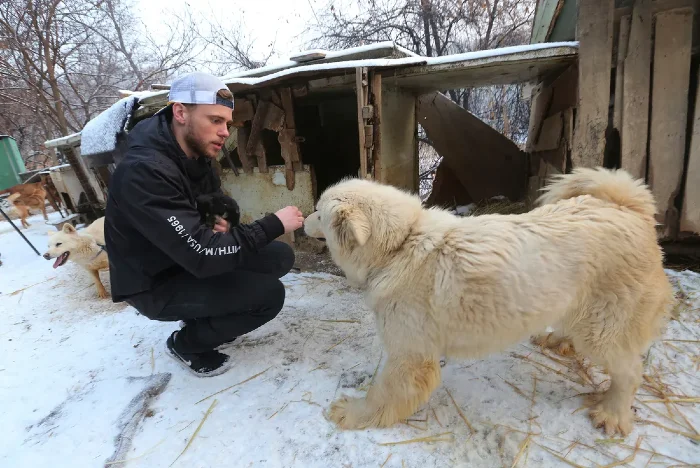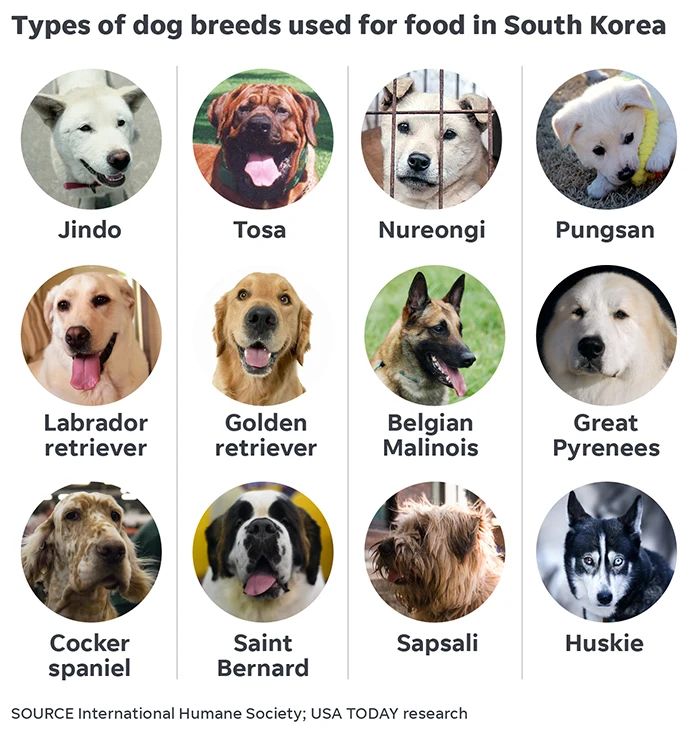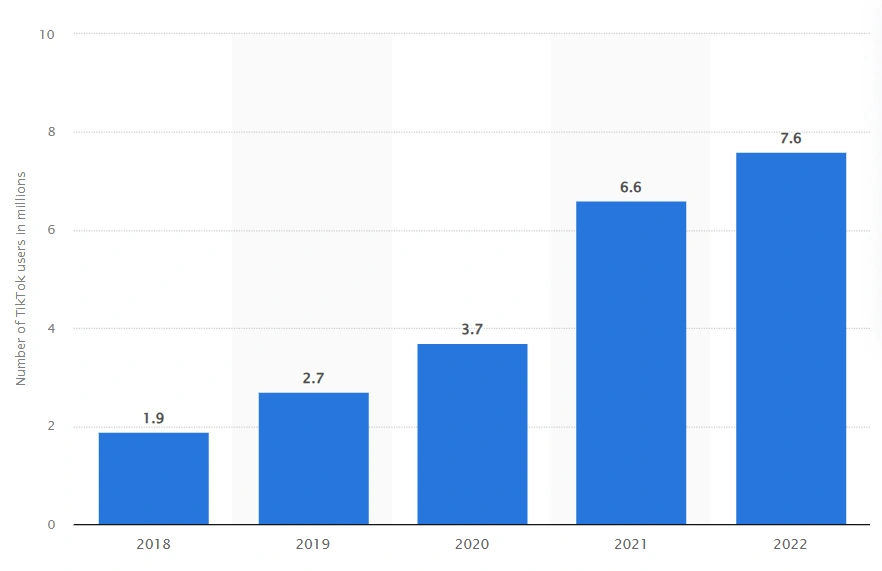In a landmark decision reflecting a significant shift in cultural and ethical perspectives, South Korea is set to implement a ban on eating dog meat. This move, aimed at resolving the controversy surrounding an ancient custom, marks a notable progression in the country’s acknowledgment of animal rights. As Yu Eui-dong, the policy chief of the ruling People Power Party, stated, “It is time to put an end to social conflicts and controversies around dog meat consumption through the enactment of a special act to end it.”
The Decision: A Balancing Act Between Tradition and Modern Sensibilities
The practice of consuming dog meat in South Korea, which has historically been a subject of criticism for its perceived cruelty, is now facing increasing opposition domestically, particularly among younger generations. The government’s decision to ban this practice not only addresses these ethical concerns but also aligns with a broader global shift towards more humane treatment of animals.
Governmental and Societal Support for the Ban
The government and the ruling party have expressed their commitment to introducing a bill to enforce the ban within this year. With anticipated bipartisan support, the bill is expected to smoothly pass through parliament. Agriculture Minister Chung Hwang-keun emphasized the government’s readiness to implement the ban quickly and extend maximum support to those in the dog meat industry, aiding them in transitioning away from the trade.
First Lady’s Influence and Presidential Support
South Korea’s First Lady (pictured) Kim Keon Hee’s vocal opposition to dog meat consumption, alongside President Yoon Suk Yeol’s support, has been influential in shaping the national discourse on this issue. Their personal stance, including the adoption of stray dogs, underscores the changing attitudes towards dogs as pets rather than a source of meat.

Industry’s Response and the Proposed Transition Period
Previous attempts to introduce anti-dog meat bills have faced resistance due to concerns over the livelihoods of farmers and restaurant owners involved in the trade. Recognizing these challenges, the proposed ban includes a three-year grace period and financial assistance to help businesses adapt to the new landscape.
Cultural Shifts and Diminishing Popularity of Dog Meat
The consumption of dog meat, an age-old practice in Korea often associated with beating the summer heat, has seen a marked decline in popularity. Government data reveals significant reductions in the industry, with about 1,150 breeding farms, 34 slaughterhouses, 219 distribution companies, and approximately 1,600 restaurants currently involved in the trade.
A Gallup Korea poll from the previous year indicates a societal shift, with 64% of respondents opposing dog meat consumption. Notably, only 8% reported having eaten dog meat in the past year, a sharp decrease from 27% in 2015.
Animal Rights Groups: A Dream Realized
The prospect of a nationwide ban has been warmly received by animal rights organizations. Humane Society International lauded the development as a dream come true, celebrating the potential end of what they describe as cruelty towards dogs.

The Winter Olympics Gave The World A Look Inside The Dog Meat Industry
CAUTION: The video below, taken by USA Today at a dog meat farm near the 2018 Winter Olympics in South Korea, is graphic and may not be suitable for children.
Not far from the glamour of the 2018 Winter Olympics in South Korea, the reality of dog farms shocked Western journalists with a horrifying picture of animal cruelty. Reports from these farms revealed a brutal existence for the dogs kept there. The animals are confined in cramped wire cages, which are seldom if ever cleaned, and are subjected to appalling feeding practices, including being given meat from dead dogs and even feces.
During a visit in February 2018, the stark conditions of these farms were documented. A poignant image captured a dog peering out from the confines of its cage, embodying the grim reality of life on these farms.
Journalists from USA TODAY, while covering the 2018 Winter Olympics, encountered the dire circumstances firsthand:
“The farm assaults the senses from the moment one arrives. The air is filled with the heart-rending sounds of around 300 dogs, each confined to squalid cages, awaiting a grim fate. The distress in their cries and the deplorable state of their living conditions are palpable and deeply troubling.”

In South Korea, the method commonly used to kill dogs for meat involves electrocution. According to Humane Society International, this process is particularly inhumane; dogs are drenched in water and then subjected to electric shocks using a rod. This horrifying process can agonizingly last for several minutes. It is a stark contrast to methods employed in some other countries, which are often even more brutal.
Historical Roots: Why Dog Meat Consumption Began in Korea
The tradition of consuming dog meat in Korea has deep historical roots, intertwined with cultural practices and survival needs. Originally, the consumption of dog meat in Korea can be traced back to times of war and scarcity. During these periods, particularly in the Korean War, food shortages were widespread, leading people to turn to available sources of sustenance, including dogs.
In short, the population had no choice but to eat millions of dogs a year to survive.
This practice wasn’t unique to Korea but was part of a broader historical context where societies consumed various types of meat based on availability and necessity. The consumption of dog meat was largely driven by survival rather than culinary preference. It was a means to endure harsh conditions when other sources of food were scarce.
2018 Winter Olympics

The 2018 Winter Olympics hosted in South Korea, renewed global attention on the dog meat industry.
American Olympic skier Gus Kenworthy adopted a puppy from a dog farm and took to Instagram to write:
“I do agree that it’s not my place to impose western ideals on the people here. The way these animals are being treated, however, is completely inhumane and culture should never be a scapegoat for cruelty.”
Changing Attitudes: The Role of Globalism and Tourism
Over the years, South Korea’s rapid economic development and increased exposure to global norms have significantly influenced perceptions of dog meat consumption. With the rise of tourism and globalism, South Koreans have become more attuned to international perspectives on animal rights and welfare. The growing global discourse against the consumption of dog meat has played a significant role in shifting public opinion within the country.
Younger generations in South Korea, who have grown up in a more globally connected and economically stable country, show less inclination towards consuming dog meat. These younger individuals often view dogs more as companions than as a source of food, aligning with broader international sentiments regarding pets and animal rights.

Moral Complexity: Cultural Relativism in Food Choices
The debate over consuming dog meat in South Korea brings to the forefront the complex issue of cultural relativism in food choices. In Western cultures, where dogs are predominantly seen as pets and companions, the idea of consuming dog meat is often met with strong moral objections. However, this perspective contrasts with the consumption of other animals like cows, pigs, or horses, which are dietary staples in many cultures, including those that oppose dog meat.
This discrepancy raises questions about the cultural and moral frameworks that govern our food choices. Why are certain animals deemed acceptable to eat while others are not? The answer often lies in cultural norms and traditions rather than objective measures of morality or ethics.
The debate over dog meat in South Korea is a microcosm of a larger global conversation about food ethics, cultural practices, and animal rights. As societies evolve and become more interconnected, these discussions are likely to continue, challenging us to re-examine our perspectives on what’s acceptable to consume and why.

Media Influence: The Role of Western TV Shows and Movies in Shaping Perceptions
The transformation in South Korea’s viewpoint on dog consumption can be significantly attributed to the influence of media, especially the widespread consumption of Western television shows and movies. These media sources often portray dogs not as food sources but as beloved family members and loyal companions, offering a stark contrast to traditional Korean views on dogs.
Western Media’s Portrayal of Dogs
In many American, British, and Canadian TV shows and films, dogs are frequently depicted as integral parts of the family, cherished for their loyalty and companionship. This portrayal resonates with the concept of ‘man’s best friend,’ a Western cultural norm that sees dogs as protectors, playmates, and even as pseudo-children in families. While these attitudes to dogs are normal throughout Western cultures, they weren’t so commonplace in much of Asia where dog ownership has only recently reached 20%, compared to 45% in the United States.
Impact on Younger Generations in South Korea
Younger generations in South Korea, who are more exposed to and influenced by Western media, have been absorbing these cultural norms. Platforms like Netflix, YouTube, and various social media channels have made Western TV shows and movies easily accessible to South Korean audiences. As a result, young Koreans often develop perspectives and emotional attachments to dogs that align more closely with Western sentiments.
For instance, popular American TV shows and movies that feature dogs as beloved pets subtly convey a message that contrasts with the idea of dogs as a food source. This exposure has played a crucial role in shifting perceptions, particularly among the youth, who are more open to adopting new cultural norms and are often at the forefront of social change.
We’re talking about new American classics like Beethoven, Marley & Me, and Homeward Bound: The Incredible Journey. But we’re also talking about the action-adventure global phenomenon, John Wick. South Koreans watched as a former assassin came out of retirement and sought revenge for the killing of his beloved puppy.
Social Media Leads to Changing Perspectives

South Korean’s love TikTok and YouTube. In fact, over 7.6 million South Koreans are active on TikTok. But nothing compares to South Korea’s adoption of YouTube. A single YouTube video can reach 90.4% of South Korea’s total population—that’s 46.4 million people. YouTube is the most popular form of entertainment throughout the nation.
The power of social media, primarily YouTube and TikTok, can’t be understated. Many of these videos and content creators present a different narrative about dogs by showcasing them as beloved pets with personality.
This has inadvertently contributed to the growing movement against dog meat consumption in South Korea. The shift is particularly evident in urban areas, where Western influence is more pronounced, and where younger, more globally connected populations reside.
The impact of Western TV shows and movies in South Korea illustrates the profound influence of global media on cultural perceptions and practices.
As younger generations in South Korea continue to consume media that portrays dogs as cherished pets, the traditional view of dogs as food is increasingly being questioned, leading to a reevaluation of long-held cultural practices.



















